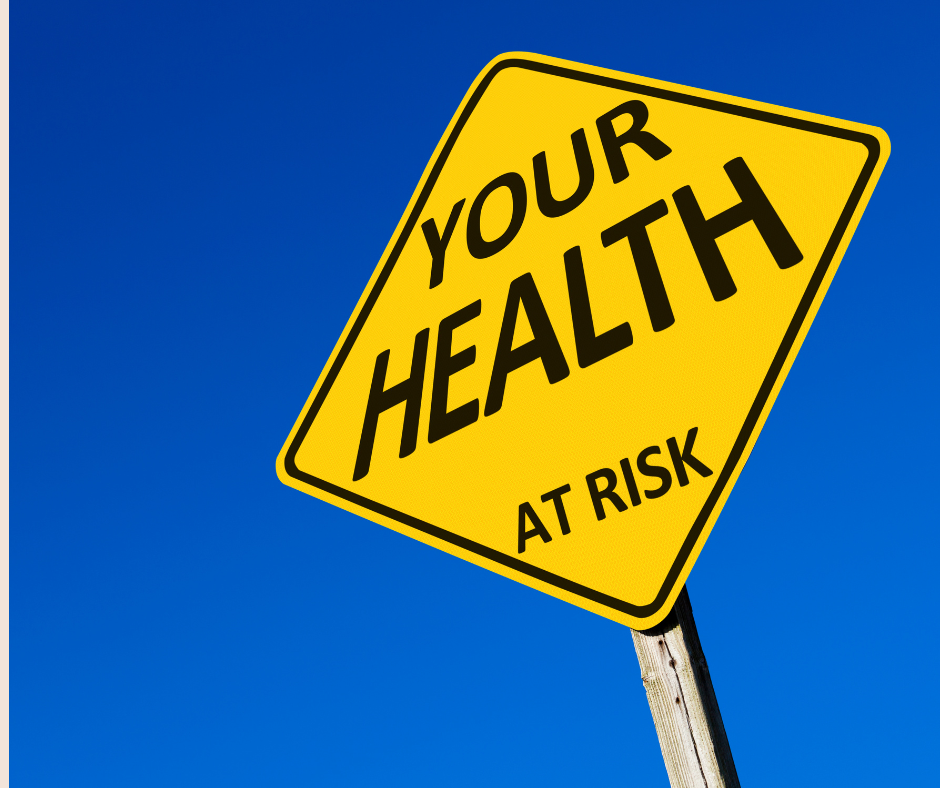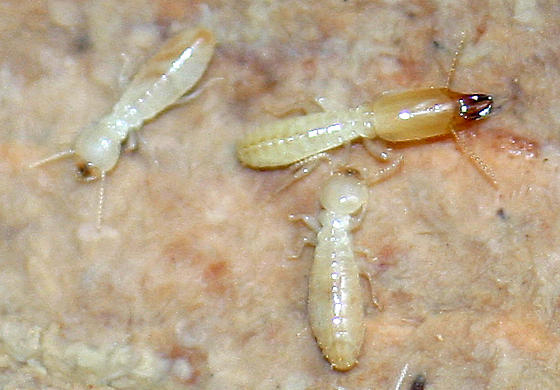What Are the Health Risks of Rodent Infestations?
Rodents are more than just a nuisance. When rats or mice make themselves at home in your roof, pantry, or walls, they bring a range of health risks with them. These aren’t just hypothetical—they’re real, proven risks backed by public health data.
From contaminated food to airborne bacteria, rodent infestations can affect everyone in the household, especially kids, pets, and those with respiratory conditions.
If you’ve ever wondered what diseases do rats carry in Australia or how dangerous mouse droppings really are, this guide breaks it down. Let’s look at the key health risks, common exposure points, and how to protect your home.

Rodents Spread Disease Through Droppings and Urine
One of the biggest concerns with any infestation is contamination. Rats and mice don’t discriminate. They’ll urinate and defecate as they move, often in food prep areas, pantries, or places where you and your family spend time.
So, what diseases do mice carry in Australia? A few of the most concerning include:
- Salmonella
- Leptospirosis
- Hantavirus
- Lymphocytic choriomeningitis virus (LCMV)
Mice may look small and harmless, but they can shed these pathogens through their droppings, urine, saliva, or nesting materials. Just breathing in dust from dried mouse droppings can expose you to airborne bacteria. That’s why the chances of getting sick from mouse droppings are higher than most people assume, especially if the contamination goes unnoticed for a few weeks.
Bacteria from Rats Can Affect Food, Air, and Surfaces
If you’re asking what diseases do rats carry in Australia, the list is just as alarming. In addition to leptospirosis and salmonella, rats are known to carry:
- Rat-bite fever
- Tularemia
- E. coli
- Rickettsial infections (spread by fleas)
Rats often access kitchens through walls, roof voids, or floor gaps, leaving bacteria behind on benchtops, utensils, or exposed food. Once they’ve found a reliable food source, they’ll return regularly, making contamination likely if not detected early.
Rodent droppings can also trigger asthma and worsen respiratory conditions. For families with babies, elderly relatives, or immunocompromised members, even minor infestations can pose serious health threats.
Secondary Risks: Pests That Travel With Rodents
Rodents rarely travel alone. They can carry fleas, ticks, and mites into the home, each with its own risks. These parasites live in rodent nests and feed on their hosts, but if a rodent dies or leaves, the pests can move on to humans or pets.
Some common issues include:
- Itchy skin rashes
- Flea infestations
- Tick-borne illnesses
- Allergic reactions
So when you’re thinking about the risks, it’s not just about the rodent itself. It’s the ecosystem of bacteria and parasites it brings with it.
Where Are You Most at Risk of Exposure?
Rodents prefer quiet, hidden spaces—but that doesn’t mean they stay away from people. You’re most likely to be exposed through:
- Kitchen cupboards, especially under the sink
- Behind fridges or dishwashers
- Roof voids above bedrooms and living areas
- Food containers or pet bowls
- Drawers or wardrobes, especially if left open
If you store food in cardboard boxes or keep open packets in pantries, rodents can chew through them without being noticed for days. The chances of getting sick from mouse droppings increase the longer this goes undetected.
Signs You Might Be Living With a Hidden Health Risk
Rodents don’t always show themselves. But here’s what to watch for:
- Droppings along walls or in food areas
- Grease marks where they’ve run repeatedly
- A strong musky odour in confined spaces
- Scratching noises at night
- Torn food packaging or gnawed surfaces
The earlier you spot the warning signs, the easier it is to stop the spread of disease. If you’ve noticed more than one of these, it’s time to call in professional help.
A licensed rat exterminator in Sydney will inspect the space, find the nesting site, and remove the rodents safely without spreading contaminated material around.
Why Professional Removal Matters
DIY traps can catch the occasional rodent, but they don’t fix the problem. If even one mouse is left behind, the contamination and health risks remain.
That’s why E1 Pest Solutions offers comprehensive pest control for rats and mice. We don’t just eliminate the visible problem—we inspect high-risk areas, remove nests, clean up contamination, and help you seal off entry points.
Our service includes:
- Full inspection of kitchens, roof voids, and nesting spots
- Safe removal and baiting solutions
- Advice on safe food storage and hygiene
- 7-day follow-up and money-back guarantee
We use low-tox treatments approved for use in Australian homes, and all technicians are fully licensed and experienced.
Protect Your Health—Act Early
If you’ve been wondering what diseases do rats carry in Australia or what diseases do mice carry in Australia, now you know it’s not something to ignore. Rodents bring more than mess. They carry bacteria, parasites, and long-term health risks that only get worse the longer they stay.
If you’ve seen the signs or even just suspect there’s a problem, call E1 Pest Solutions today. We’ll inspect your home, remove the rodents, and help prevent the spread of disease before it affects your family.
Book online or speak with our Sydney-based team now.

.png)


